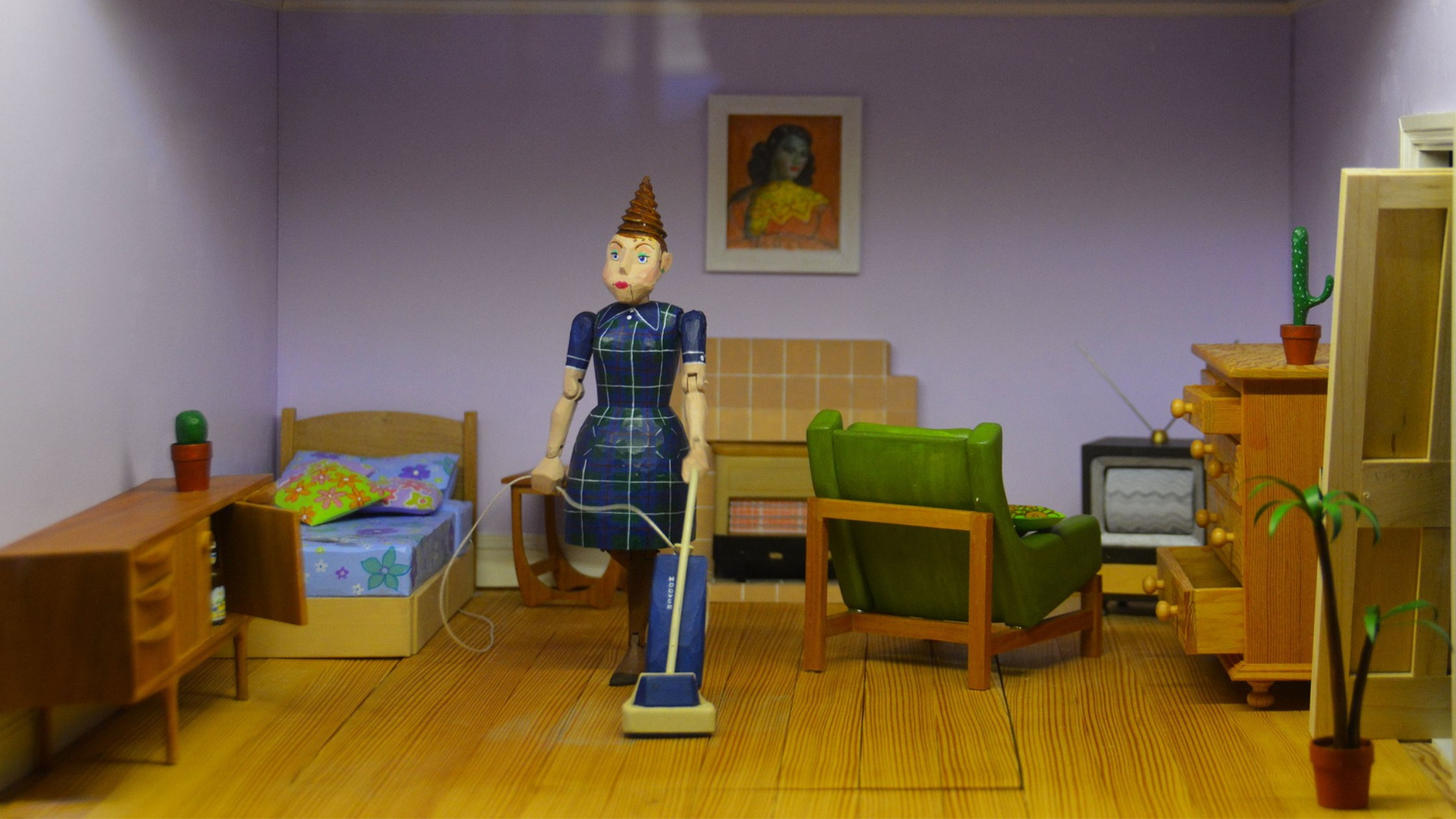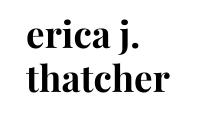
My brain is not a steel trap. I am not good at remembering things.
When a new task or idea strikes, I write it down immediately in my notebook so it isn’t lost forever.
Maybe that’s why I’m a planning freak. My bullet journal is sacred to me, and I feel more productive, optimized, and sane when I can see exactly what I need to do.
But I am the kind of person who needs to GSD—Get Shit Done. The kind of person who reads productivity blogs, books, and essays. I wake up early, starting at zero, ready to cross things off my list. If it’s not on my list—pfft!—it’s not important.
Recently, however, I was reminded that I need to tone it down. That I don’t always need optimize, streamline, tweak, hack or refine.
If you’re like me, you’re scoffing to yourself, When are THOSE times?
There are a couple of answers for that.
Here’s the obvious one: When optimizing becomes inefficient. In other words, when you are spending too much time trying to find ways to streamline.
But the answer that gets me in a tizzy is this one: When the reason for optimizing is to make more room in your day for more work.
That’s right: Stop trying to squeeze one more to-do item into your day.
Your day should include moments of leisure and idleness. If it doesn’t, you are cheating yourself out of contentment says Celeste Headlee, author of Do Nothing: How to Break Away from Overworking, Overdoing, and Underliving.
Think about the modern workplace and workday: We’ve automated processes so that we can be more productive and fill more hours and make more money. Using vacation time is frowned upon, women are scared to take family leave, and a lot of folks don’t take their breaks and then they take their work home with them.
It’s not surprising that 66% of US workers are disengaged from their jobs.
And even a high salary doesn’t guarantee happiness.
Headlee points out that we just aren’t designed to work as much as we do. And, it turns out, most workers would prefer a shortened workweek instead * raises hand* in order to gain some extra free time.
So what should us overoptimizers (and underoptimizers) really do with this free time? Use it to be functioning, happy humans, that’s what. Here’s how.
1. Socialize…in person
Humans need to feel a sense of belonging, and we need to cultivate our close relationships, says Headlee.
Posting, texting, and tweeting don’t count here.
Call your bestie, or say ‘hey’ to a neighbor. Take a real-time, interactive online course.
Oh, and our workplace relationships don’t count as close relationships, either, says Headlee. We should be drawing boundaries for office and home lives.
2. Do nothing
Turns out Grandma was wrong when she said, ‘Idle hands do the devil’s work’.
Hey, Granny: Periods of idleness are fundamental to well-being!
Even small periods of time—waiting for the elevator, walking to your car, waiting for your pasta water to boil—are a chance for your brain to reflect, reorganize, and reset, explains Cal Newport, author of Digital Minimalism: Choosing a Focused Life in a Noisy World.
So put down that smartphone (the ‘death of boredom’, says Headlee) and let your brain wander for a couple of minutes. Or meditate for 15 minutes. I’ve been making an effort to sit outside and just be.
Put yourself in No Input Mode a few times a day. Your brain needs a break!
3. Trade your money for time
If you’re working more to make money to buy things that you have to work harder for (also known as lifestyle inflation), experts suggest you’ll get more for your money and be happier if you buy some leisure time.
If you have the means, hire a housekeeper or a gardener. Have your groceries delivered. If you get a couple of extra hours to hang with your kids, make some music, or go to the beach, you’re going to experience more contentment.
Alternatively, try minimizing your expenses so that you don’t have to work so damn hard!
Just don’t use that extra time you’ve earned to do work!
4. Schedule it
Admittedly, I’m no lady of leisure: With my newfound free time, I’m already envisioning slashing things from my To-Do list. How much can I get done and feel the maximum productivity rush?
For us rule-making, planner-types, Headlee suggests scheduling our leisure time.
Block off some time meet a friend for coffee, listen to music, read a book (maybe not a productivity title), or go for a walk. Don’t let work ‘pollute’ this time.
P.S. Healthy leisure time doesn’t mean going shopping online or browsing the infinity pool that is Twitter.
5. Play
What is play? To me, play is fun, laughter, and a feeling of freedom. Playing helps us solve problems, nurtures our creativity, and makes us feel better overall. Go bird-watching (bird nerd over here); book an escape room; play a board game.
Put something fun every day on your To-Do list, even if that means just blocking out 30 minutes to garden, read, or sing.
For a really great day, schedule something fun and then plan the rest of your day around that highlight.
Time to Edit!
Is leisure time a productivity hack? I don’t know. Maybe it’s just a happiness hack. Here are some ideas to try:
- Call—don’t text—someone close to you to say ‘Hi’
- Stare out the window like a psychopath for five minutes
- Take an earphone-free walk
- Decide what’s fun—think about what you used to love to do as a kid, or make a bucket list—then make play the most important part of your day.
Happy editing!
Erica




